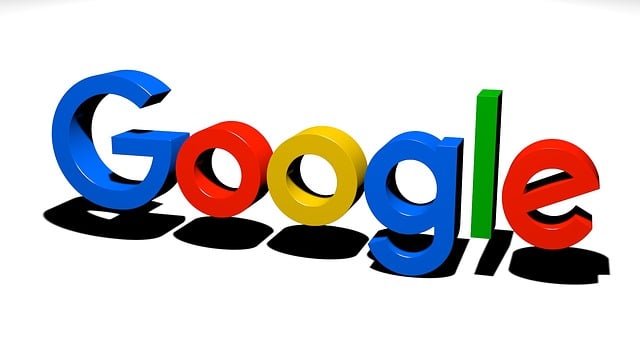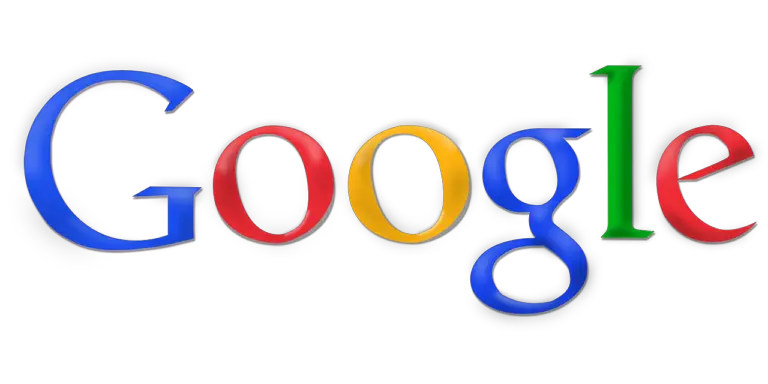
The United States Department of Justice’s Antitrust Division is reportedly preparing an unprecedented demand: to compel Alphabet Inc., Google’s parent company, to sell its Chrome browser. Sources close to Bloomberg indicate that this could mark the most significant restriction on the tech giant’s operations in decades.
The case, initiated during the Trump administration and continued under President Joe Biden, gained traction in August when federal judge Amit Mehta ruled that Google had unlawfully monopolized the markets for search engines and search advertising.
Chrome is a cornerstone of Google’s advertising empire. With a 61% market share in the U.S., the browser enables the company to track user activity and collect data for precise ad targeting, its primary revenue stream. Furthermore, Chrome serves as a gateway to Gemini, Google’s flagship AI product.
On Wednesday, antitrust officials and state representatives involved in the case are expected to present their recommendations to the federal judge. These include:
- Requiring Google to sell the Chrome browser.
- Mandating that Google license the results and data of its popular search engine.
- Allowing websites greater control over the use of their content in Google’s AI products.
- Separating the Android operating system from Google’s other products, including search and the Google Play Store, which are currently bundled together.
- Granting advertisers more transparency and control over ad placements.
Insiders note that antitrust authorities have refrained from pursuing harsher measures, such as forcing the sale of Android, though some details may still evolve.
Google currently features AI-generated summaries, called “AI Snapshots,” at the top of its search results pages. While websites can opt out of having their information used to train Google’s AI models, many feel compelled to participate in the feature to avoid being downgraded in search rankings, which could diminish their visibility and audience reach. Site owners argue that this feature reduces traffic and advertising revenue, as users are less likely to visit their pages.
A final decision in this case is expected by August 2025, with two weeks of hearings scheduled for April to discuss specific measures to curb Google’s practices.
Lee-Anne Mulholland, Google’s Vice President for Regulatory Affairs, described the Department of Justice’s actions as advancing “a radical agenda that far exceeds the legal issues at hand.” She warned that such interventions could harm consumers, developers, and the U.S.’s technological leadership.
This marks the most serious effort to curtail the influence of a tech company since the antitrust case against Microsoft two decades ago. Analysts at Bloomberg Intelligence suggest that a forced sale of Chrome, though unlikely, could attract a buyer like OpenAI, the maker of ChatGPT. Acquiring Chrome would allow OpenAI to expand its distribution network and complement its subscription-based chatbot business with advertising revenue.
Following these developments, Alphabet Inc.’s stock fell by 1.8%, closing at $172.16 in after-hours trading, though the company’s shares have risen by 25% since the beginning of the year.


